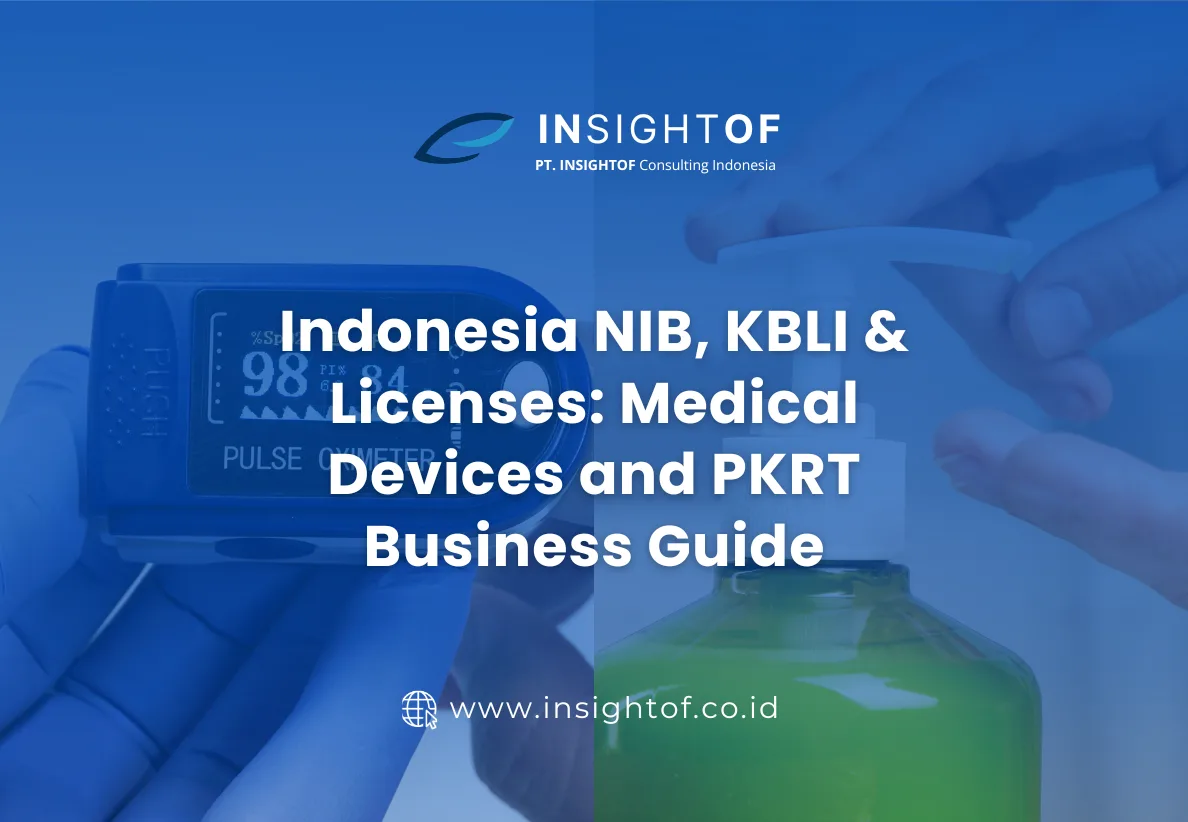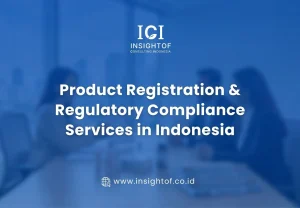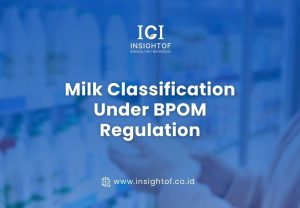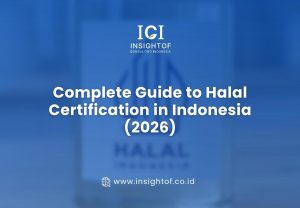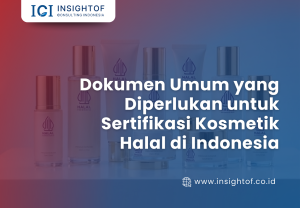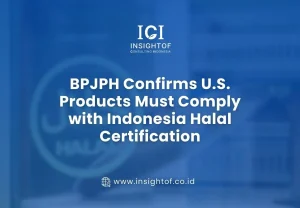Business Identification Number (NIB) is the official identity of a company in Indonesia, issued through the OSS (Online Single Submission) system. The risk-based OSS (OSS-RBA) was launched as part of the Job Creation Law (Government Regulation No. 5/2021) to simplify business licensing. With an NIB, business actors obtain the basic license for their business activities. NIB registration is now mandatory for all companies, making market expansion easier by integrating various licenses (such as import identification numbers) into a single number. After obtaining the NIB, companies can apply for commercial and operational licenses according to their selected KBLI codes.
Definition of Medical Devices and PKRT According to Regulation
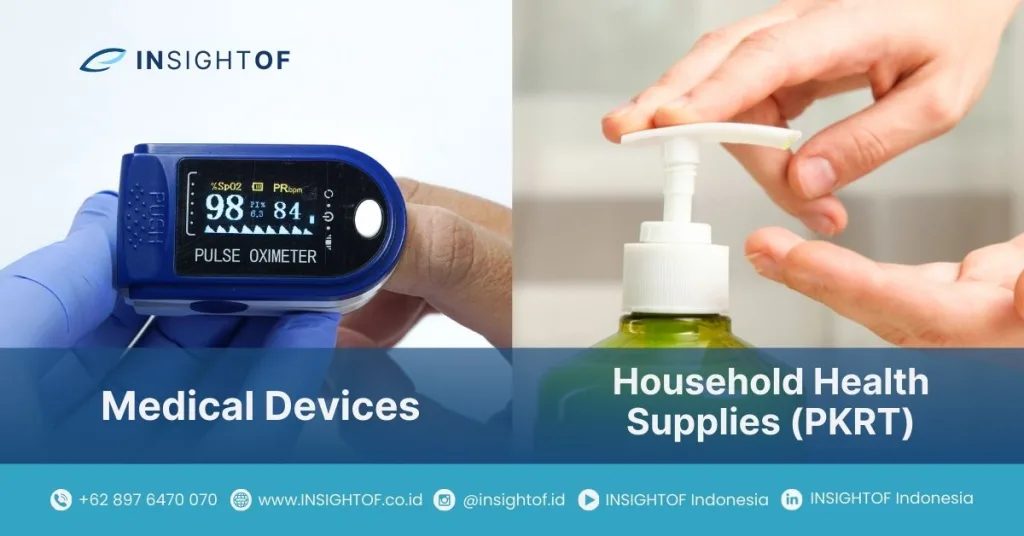
The Ministry of Health differentiates between medical devices and Household Health Supplies (PKRT). According to Minister of Health Regulation No. 62/2017, medical devices are “instruments, apparatuses, machines, and/or implants that do not contain drugs” used to prevent, diagnose, or treat diseases and maintain human health. Examples include thermometers, inhalers, cardiac devices, and so on. On the other hand, PKRT is defined as “tools, materials, or mixtures used for the maintenance and care of human health” used in households or public facilities. Examples include antiseptic soaps, floor cleaners, baby diapers, hand sanitizers, and similar hygiene products. This regulation emphasizes that both medical devices and PKRT require specific distribution licenses from the Ministry of Health (Medical Device/PKRT Distribution License) before being marketed.
KBLI for Medical Device Businesses
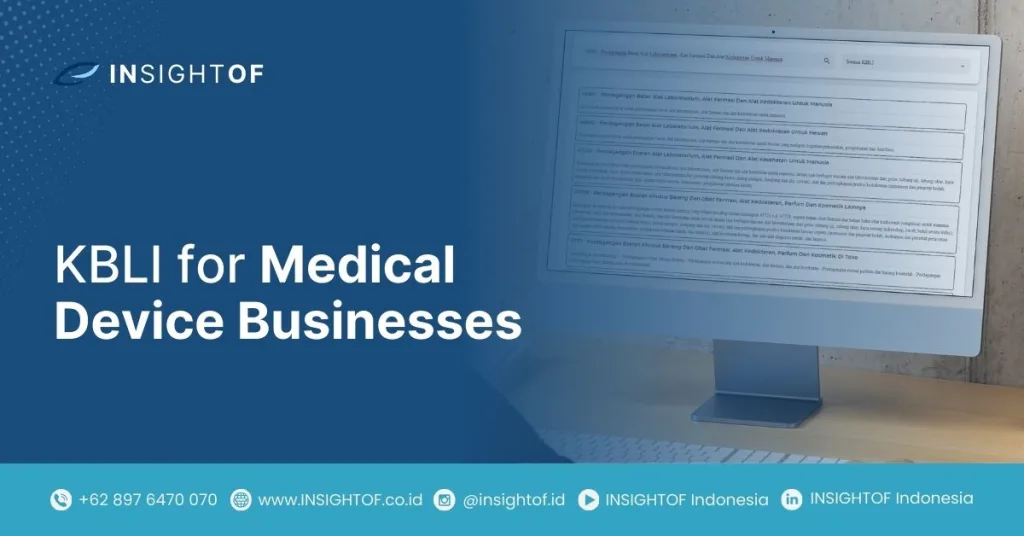
In the NIB, companies must list the appropriate KBLI code. For medical device businesses, common KBLIs include:
- Medical Device Importer/Distributor (Wholesale Trade): KBLI 46691 – Wholesale Trade of Laboratory Equipment, Pharmaceuticals, and Medical Devices for Humans. This code is required for companies importing or wholesaling medical devices. Medical device distribution licenses require an NIB with KBLI 46691.
- Retail Medical Devices: KBLI 47725 – Retail Trade of Laboratory Equipment, Pharmaceuticals, and Medical Devices for Humans. This includes stores that sell directly to consumers (e.g., medical equipment shops or specialized pharmacies). This KBLI is relevant for specialized store licenses.
- Medical Device Manufacturers: KBLI 32501, 32502, 32509 – Various industries related to medical/dental equipment. For example, 32501 (Manufacture of surgical and medical furniture), 32502 (Manufacture of orthopedic and prosthetic devices), and 32509 (Manufacture of other medical equipment like medical masks). Manufacturers must also obtain a Medical Device Production Certificate from the Ministry of Health in addition to the NIB.
Medical device companies must also meet other requirements: such as having a Technical Responsible Person (PJT) as per Regulation No. 14/2021 and a Good Manufacturing/Distribution Practice Certificate (CPAKB/CDAKB) to ensure product quality.
KBLI for PKRT Businesses

For PKRT businesses, the KBLI classification depends on the type of product:
- PKRT Manufacturers: KBLI 20231 – Manufacture of Soap and Cleaning Materials for Household Use. This includes the production of soap in various forms (solid, powder, liquid), detergents, organic floor cleaners, and other household hygiene products. For example, liquid soap or hand sanitizer factories should register this KBLI.
- PKRT Importers/Distributors (Wholesale Trade): KBLI 4644 – Wholesale of Pharmaceuticals, Drugs, and Cosmetics. This KBLI includes wholesale of cosmetics, perfumes, and soaps. Since PKRT often consists of hygiene or cosmetic-like products (e.g., antiseptic soaps), importers/distributors typically use KBLI 4644. If PKRT products fall under cosmetics or herbal medicines, BPOM distribution permits are also required.
- PKRT Retail: Retail trade of PKRT products (e.g., cleaning supply stores) can use general retail KBLI codes. However, businesses selling medicines or supplements may need pharmacy-related KBLIs. Regardless, PKRT products require a PKRT Distribution License from the Ministry of Health.
Choosing the correct KBLI ensures the NIB reflects the appropriate business activities. For instance: a household cleaner manufacturer would list KBLI 20231, while a foreign hand sanitizer importer would use KBLI 4644 and comply with import licensing requirements.
Integration of NIB, KBLI, and Licensing by Ministry of Health/BPOM
The NIB issued by OSS serves not only as a business identity but also as the foundation for other licenses. For example, Ministerial Regulation 62/2017 states that distribution licenses for both medical devices and PKRT (local or imported) are granted only after the company has an NIB with the appropriate KBLI code. In practice, OSS flags the requirement for a distribution license when a medical device or PKRT-related KBLI is selected. Therefore, after obtaining the NIB, medical device businesses must register for a Medical Device Distribution License and Good Distribution Practice Certificate (CDAKB) through the Ministry of Health. Similarly, PKRT manufacturers/importers must register for a PKRT Distribution License and Good PKRT Manufacturing Certificate. For certain products (e.g., baby cosmetics or traditional medicines), BPOM licenses may also be necessary.
Note that a Technical Responsible Person (a pharmacist, pharmaceutical science graduate, or trained medical device professional) is mandatory for any medical device or PKRT distribution company, in accordance with Regulation No. 14/2021. These requirements should be prepared from the NIB registration stage because they relate to the completeness of OSS and Ministry of Health documents.
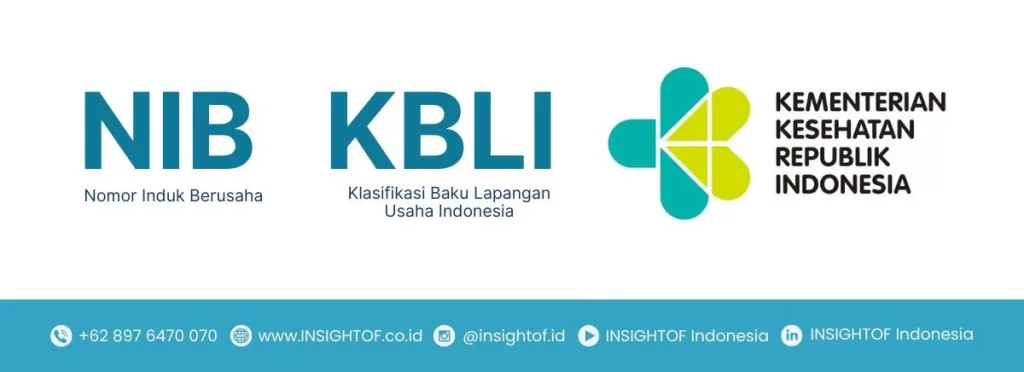
Initial Steps for Foreign Companies via OSS-RBA
Foreign companies wishing to expand (Foreign Direct Investment – PMA) must first establish a legal entity (PT PMA) according to BKPM/Trade Ministry regulations. Then, register with OSS by selecting the “Business Entity” profile and inputting the foreign company’s data. In the OSS-RBA system, the first step is accessing OSS (oss.go.id) and creating a user account, then selecting the PMA scheme. Next, choose the appropriate KBLI code as mentioned above. OSS will issue the NIB online—which also serves as the Importer Identification Number (API) if the KBLI involves importing.
After the NIB is issued, business actors can immediately process technical licenses:
- For medical devices: Register and upload documents on the Ministry of Health’s Medical Device Online Registration Portal (e-Info Alkes system) to obtain the Medical Device Distribution License and CDAKB certificate.
- For PKRT: Similarly, register via the Ministry of Health’s PKRT Registration Portal to obtain the PKRT Distribution License and CPPKT (Good PKRT Manufacturing Certificate). If BPOM licenses are needed, register the products with BPOM (for traditional medicines, cosmetics, etc.).

Practical Recommendations for Foreign Brands
To ensure a smooth expansion, foreign brands are advised to: (1) Involve a local consultant or service bureau in establishing the PT PMA and OSS registration process, (2) Carefully research the appropriate KBLI based on product type and register it in your NIB, (3) Prepare technical personnel—such as a pharmacist or medical engineer—to fulfill Ministry of Health requirements, (4) Use OSS-RBA to obtain a free NIB as the first step, then promptly process distribution licenses through the Ministry of Health’s e-Info Alkes/PKRT or BPOM according to product category.
By following these procedures, foreign companies will hold complete legal licenses—an NIB integrated with the correct KBLI, a Production Certificate (for manufacturers), and the necessary Distribution Licenses—allowing their medical device or PKRT business to operate smoothly and in compliance. Regulatory compliance not only avoids legal sanctions but also boosts brand credibility in Indonesia’s tightly regulated market.
Source: The information above is compiled based on official regulations from the Ministry of Health (Ministerial Regulation No. 62/2017) and the OSS/BKPM portal detailing KBLI codes, definitions of medical devices/PKRT, and licensing requirements.
